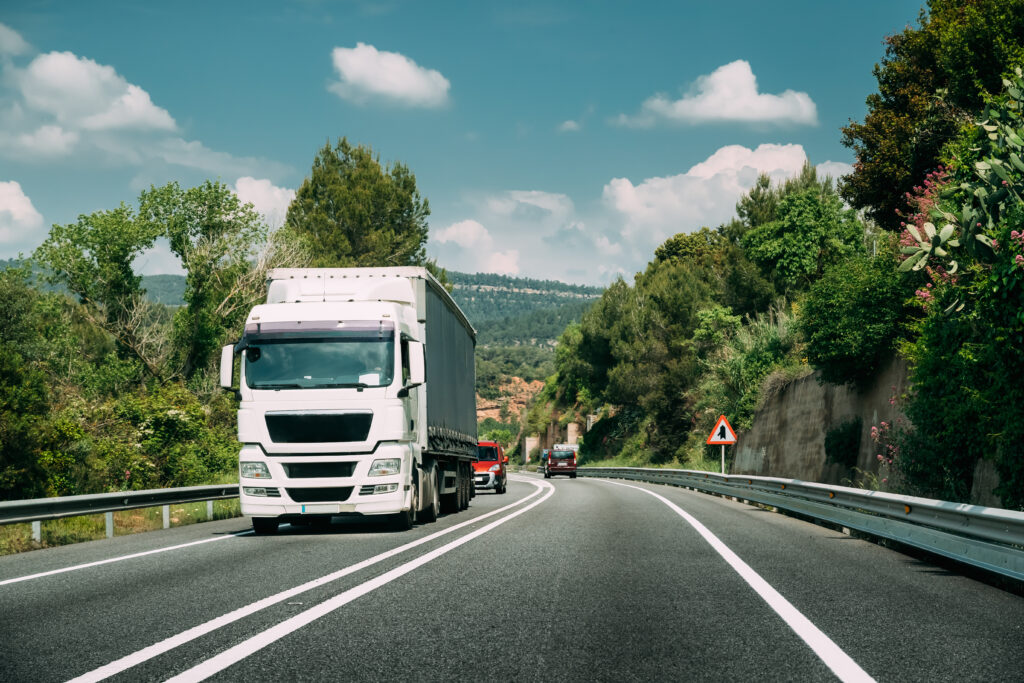
The Advantages and Disadvantages of Recycled Asphalt
Recycled asphalt, also known as reclaimed asphalt pavement (RAP), has become a highly popular material in modern road surfacing. As environmental sustainability gains traction in the construction industry, more contractors, councils, and private clients are exploring recycled asphalt as a viable, cost-effective solution for surfacing and maintenance. However, like all materials, it comes with its own set of strengths and limitations.
In this post, we’ll break down the key advantages and disadvantages of recycled asphalt, and explain how it fits into broader road maintenance strategies.
✅ Advantages of Recycled Asphalt
1. Cost-Effective Surfacing
One of the leading advantages of using recycled asphalt is its affordability. By reusing existing materials, contractors save significantly on raw material and transportation costs. This is especially useful for large-scale commercial surfacing projects where budget efficiency is crucial.
2. Environmentally Friendly
Recycled asphalt is an eco-conscious choice. It reduces the need for new aggregate and bitumen, conserving natural resources such as gravel and oil. In addition, it keeps usable material out of landfills, making it a cornerstone of sustainable road construction practices.
If you’re looking to reduce your environmental impact while maintaining strong performance, our full range of road surfacing services includes eco-friendly options like recycled asphalt.
3. Durable and Long-Lasting
When properly processed and applied, recycled asphalt performs comparably to virgin asphalt. In some cases, the RAP material even increases surface stiffness and resilience. It’s often used in pothole repairs, where strength and compaction are key for long-term effectiveness.

❌ Disadvantages of Recycled Asphalt
1. Variability in Quality
The performance of recycled asphalt can vary depending on the age, source, and condition of the recovered material. Inconsistent RAP can lead to weak spots or early wear. Quality control is essential—only a reputable contractor with strict standards should be trusted to supply and apply RAP.
2. Limited Availability in Some Regions
While recycled asphalt is widely used, it’s not always available in all areas—particularly in remote or rural zones. If local RAP supply is low, costs may rise or project timelines may be delayed.
3. Requires Specialist Knowledge and Equipment
Working with recycled asphalt isn’t a simple substitution. It often requires advanced mixing techniques and specialist machinery to ensure the correct balance between recycled and virgin material. For best results, your contractor must be experienced in RAP processing and modern surfacing techniques.
🔧 Best Practices for Recycled Asphalt Application
To get the most out of recycled asphalt, contractors should follow best-practice guidelines:
-
Inspection & Testing: RAP should be thoroughly analysed to confirm it meets performance standards.
-
Crushing & Screening: Processing the material ensures proper gradation for strong compaction and surface texture.
-
Mixing: Combining RAP with the right amount of new material produces a consistent, high-quality mix.
-
Application & Compaction: Using modern paving equipment ensures optimal bonding, smoothness, and durability.
Whether it’s a car park, access road, or pothole repair, incorporating RAP must be done with care to match or exceed the performance of traditional asphalt.
📣 Why Choose Recycled Asphalt for Your Next Project?
“By using recycled asphalt, we not only reduce our environmental impact but also create long-lasting, high-quality roads that serve our communities for years to come.”
— John Smith, Sustainable Paving Solutions
If you’re looking to improve a commercial surface, repair worn tarmac, or implement more sustainable infrastructure, recycled asphalt could be the ideal solution. At East Herts Surfacing, we specialise in a wide range of eco-friendly surfacing services, including the safe and efficient use of RAP.
From commercial tarmac installations to long-lasting pothole repairs, our expert team has the knowledge and equipment to deliver outstanding results with recycled asphalt.
📍 Conclusion
Recycled asphalt offers a smart and sustainable alternative for road surfacing and repair. Its affordability, environmental benefits, and durability make it an attractive option for both public and private works. However, success depends on high-quality processing, experienced contractors, and proper installation methods.
To learn more about how East Herts Surfacing can support your project with recycled asphalt and other surfacing solutions, get in touch with our team today.





